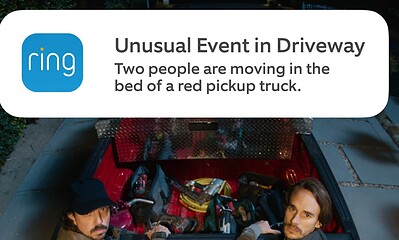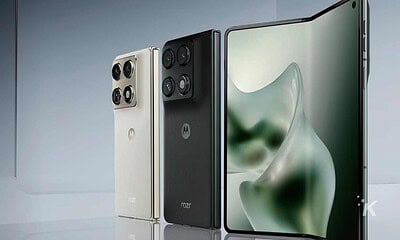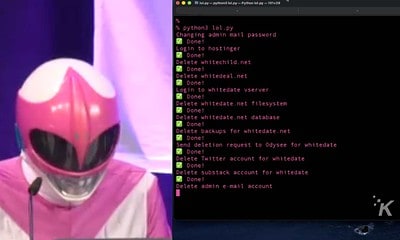News
FBI issues urgent warning against public phone chargers
Just because it’s a free charge doesn’t necessarily mean it’s free; it could end up costing you your digital identity and more.
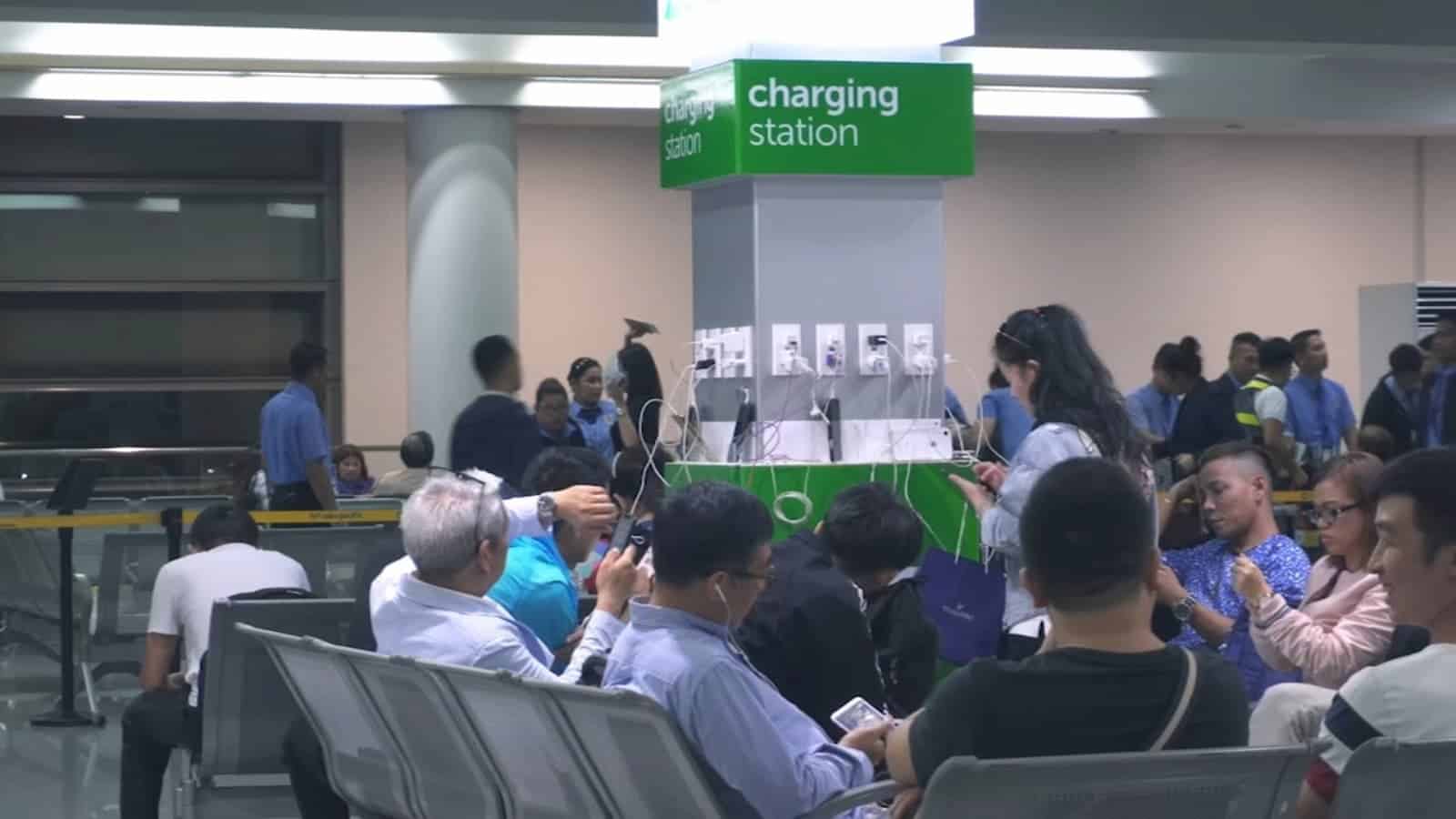
Just a heads up, if you buy something through our links, we may get a small share of the sale. It’s one of the ways we keep the lights on here. Click here for more.
The FBI is warning consumers to avoid using free public charging stations because hackers have found a way to infect devices with malware.
That’s right, your phone, tablet, or computer could be at risk if you plug in at an airport, hotel, or shopping center.
The FBI’s Denver field office tweeted, “Bad actors have figured out ways to use public USB ports to introduce malware and monitoring software onto devices.”
Yikes! The solution? Carry your own charger and USB cord, and use an electrical outlet instead.
This isn’t a new threat, folks. The Federal Communications Commission (FCC) has been warning about “juice jacking,” the technical term for this sneaky malware loading scheme, since 2021.
Compromised USB cables can lead to stolen usernames and passwords. Not cool, hackers.
Juice jacking is a hacking technique designed to steal your sensitive information without you even realizing it.
Here’s how it works: cybercriminals install malware onto public charging stations, waiting for unsuspecting victims to plug in their phones and charge up.
According to Norton, “If someone’s checking on the other end, they may be able to move data between your device and theirs.”
Once connected, the malware springs into action, stealing your personal data, login credentials, and other sensitive info. It’s a fast and easy way for hackers to gain access to your digital life.
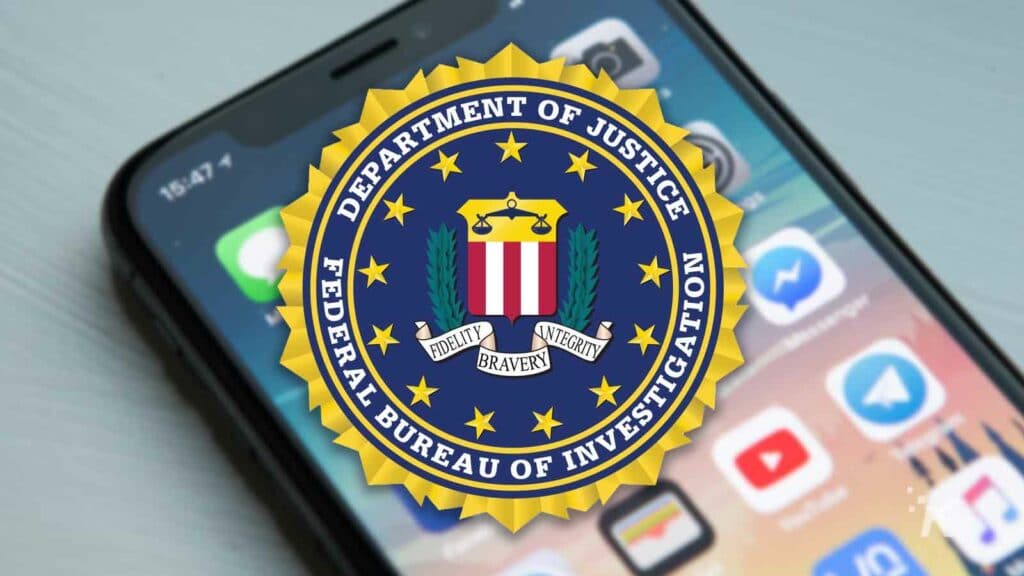
So, it’s not surprising that the FBI and FCC both advise against using public charging stations.
While the FBI didn’t cite any recent cases of consumer harm from juice jacking, cybersecurity analysts from Honeywell Forge reported (via PCMag) that 79% of USB cyberattacks could disrupt operational technology, and 51% can grant remote access to an infected device.
Remember, bringing your own charger and avoiding these public charging stations is always better.
Just because it’s a free charge doesn’t necessarily mean it’s free; it could end up costing you your digital identity and more.
Have any thoughts on this? Drop us a line below in the comments, or carry the discussion over to our Twitter or Facebook.
Editors’ Recommendations:
- PSA: Counterfit batteries are on the rise – don’t buy them, says FBI
- FBI lists notorious crypto fraudster on its 10 most-wanted list
- The FBI is warning LinkedIn users of rampant fraud on the platform
- This FBI document reveals how much data it can legally obtain from messaging apps















